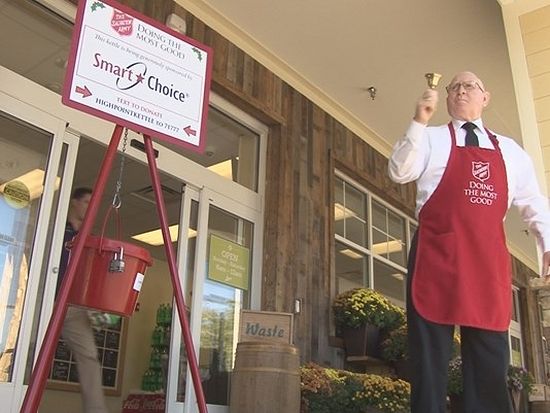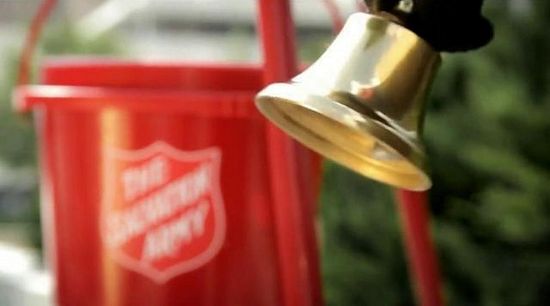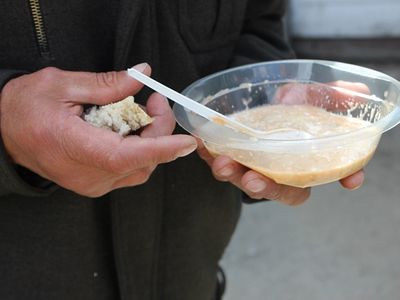I’m a huge fan of the Salvation Army.
Most denominations have a charitable arm. The Salvation Army is a charity with a denominational arm.
I didn’t even realize it was an actual denomination (and not simply a social service agency), until I walked past a Salvation Army temple in Halifax, Nova Scotia, where I once lived. That’s despite the fact that my mom used to work in one of the organization’s thrift stores.
The Salvation Army’s emphasis on doing God’s work, rather than simply preaching about that work, is commendable. And unlike a lot of other, historically Christian entities, it hasn’t felt the need to disavow its roots, or distance itself from an overtly Christian faith, in order to pursue its societal goals.
Salvation Army members whom I’ve engaged in spiritual conversation don’t push “God talk,” but when the subject does come up there’s no evasive reference to an unknown deity, or to all paths leading to the same mountaintop. They’re unafraid to speak the name of Jesus.
And while the chaplain’s office at the historically Christian university I once attended is now festooned with rainbow flags and Black Lives Matter posters (the new measure of compassion, of “getting it”), the Salvation Army eschews political activism of either the left or right. It’s simply too busy helping people, actually, to engage in ideological campaigns that are supposedly about helping people.
As an Orthodox priest, such sobriety and dedication is something I’m grateful my parish can tag onto. For the past year, we’ve served a meal through the Salvation Army every other month. They facilitate these meals five nights a week, but we’ve been privileged to show up on one, lay out our spread, and — at their invitation — sing the “Our Father” in Orthodox liturgical tones. We’re able to serve the Lord, without having to deny we know him.
These past two weekends, we’ve also partaken of another of their ministries that we do each year: ringing bells beside those famous red kettles in front of grocery stores across America. This may not be giving food directly to a hungry person, but it does mean hungry people will be fed, sheltered and clothed this Christmas season — things the rest of us take for granted.
During the 40 days before Christmas, Orthodox Christians still keep the ancient fast of Advent — and I encourage myself and my parishioners to see feeding the hungry as an essential part of our fast. After all, early church fathers said money not spent on meat should be used to feed the poor. To fast without this love is something Satan, who never eats, does already.
So thank you, Salvation Army, for allowing other Christians to better practice their faith — and for allowing me to put on a red apron and wish a gentle “Merry Christmas” to hundreds of strangers, without feeling I’m doing anything wrong.






